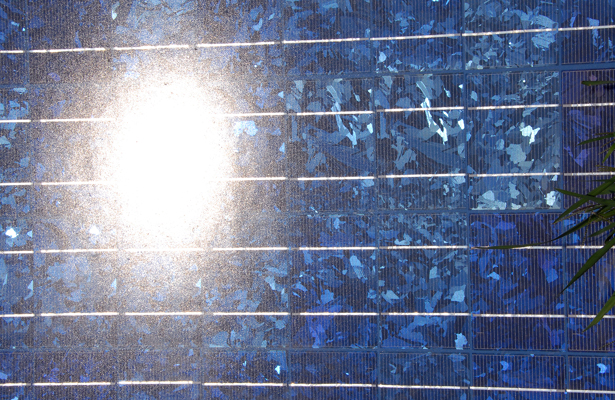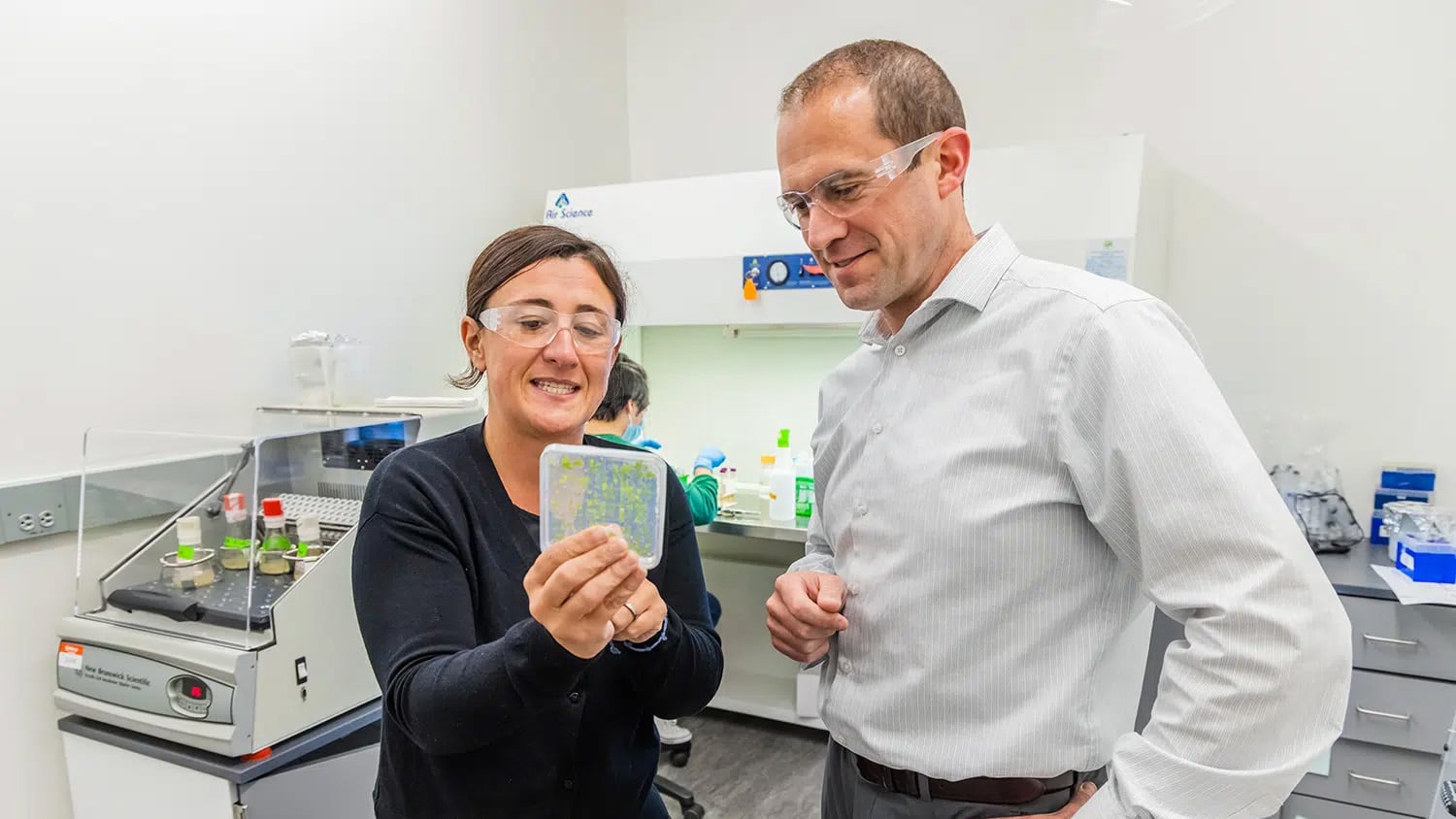Crowdfunding Liquid Sunlight

Can scientists raise money for their research by convincing the general public to open their wallets for small donations in fields ranging from astronomy to music to solar energy?
According to NC State chemist Walter Weare, the answer is definitely “yes.” The process is called crowdfunding. You can think of it as the model charities have always used (bundling lots of donations to do good works), but with an Internet/social media twist.
Weare is interested in solar energy; specifically, in turning it into a liquid fuel. This liquid sunlight could be an inexpensive, plentiful alternative energy source. While Weare does have some traditional funding sources, he was interested in exploring the idea of crowdfunding after hearing about it on a blog he frequents. So he joined a consortium of 49 scientists, many of them young post-docs or fledgling researchers without their own labs, and became a part of the SciFund Challenge on RocketHub, one of the more popular international funding websites.
Weare kept his request small – he needed $500 to purchase a spectroelectrochemical cell that could help him measure how much solar energy he extracts when his solar cells absorb light. He created a short video explaining his research and the equipment, and submitted that along with a written description of his research and what he would use the money and equipment for. He also provided a few “incentives” for donors ranging from photos of the equipment in action to an acknowledgement in any upcoming papers published on the topic.
Then he waited, but he didn’t have to wait long. Weare reached his funding goal within two weeks, and is still receiving donations which he will put toward the purchase of another cell and some additional wiring.
“It’s fundraising writ small,” Weare says when describing the experience, “and I can see similar projects gathering momentum. It’s a great way for young scientists to fund the preliminary work they need to do in order to apply for larger grants, and it’s a great way to bring the process of science into the public eye and get citizen scientists and non-scientists alike excited about all kinds of research and scientific possibilities.”
The SciFund Challenge will continue until Dec. 15, 2011.
See Walter’s RocketHub page here.
Check out the other scientists involved in the SciFund Challenge here.
Walter Weare isn’t the only NC State scientist involved in the challenge – check out their research here and here.
- Categories:


